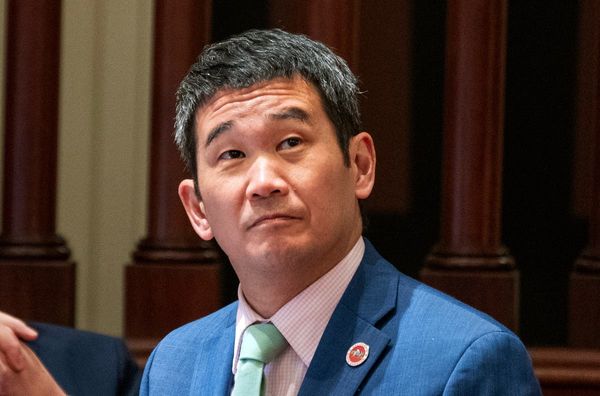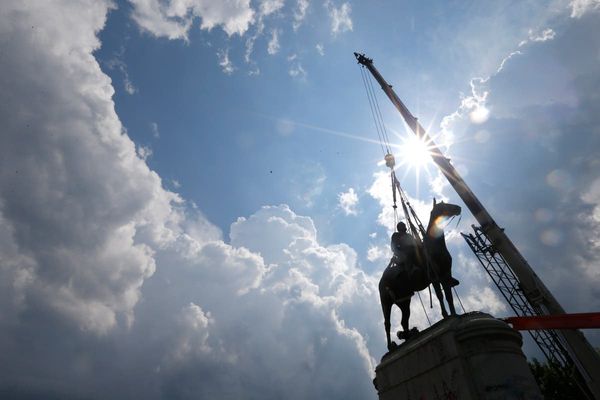
Zimbabwe's Cabinet Supports Move to Abolish Death Penalty
Zimbabwe's Cabinet has taken a significant step towards abolishing the death penalty by agreeing to back a proposal in Parliament. The southern African nation has not executed anyone since 2005, primarily due to the unavailability of qualified personnel to carry out the act of hanging. In recent years, there has been a reluctance from individuals to take up the role of state executioner, resulting in a de facto moratorium on capital punishment in the country.
The decision by Zimbabwe's Cabinet to support the change in legislation was made during a meeting held on Tuesday, marking a crucial development in the effort to abolish the death penalty. However, the proposal still needs to go through the parliamentary process to become law.
Information Minister Jenfan Muswere emphasized the importance of maintaining a deterrent element in sentencing murderers while also ensuring the right to life is respected. As such, the new law is expected to introduce lengthy sentences for convicted murderers, while dispensing with the death penalty.
The move towards abolition appears to enjoy cross-party support, with opposition lawmaker Edwin Mushoriwa expressing his willingness to back the measure. This bipartisan consensus augurs well for the prospects of passing the legislation.
President Emmerson Mnangagwa, who recently secured a second term in office, has been a vocal critic of the death penalty. Drawing from his personal experience, he cited his own sentencing to death in the 1960s for his involvement in sabotage during Zimbabwe's struggle for independence under the name Rhodesia, which was under white minority rule at the time. Ultimately, Mnangagwa's sentence was commuted to 10 years imprisonment.
It is worth noting that Zimbabwe's current constitution restricts the application of the death penalty to male offenders between the ages of 21 and 70, specifically for cases of aggravated murder, including the killing of pregnant women or children. This provision is a vestige of the colonial era, a remnant of the legal framework inherited during Zimbabwe's liberation from white minority rule in 1980.
Zimbabwe joins a growing number of countries in Africa and around the world that have enshrined the death penalty in their legal systems but are moving towards its abolition or imposing a moratorium on executions. By taking steps to abolish capital punishment, Zimbabwe aligns itself with the global trend and signals its commitment to human rights and fair justice systems.
As the proposal advances through Parliament, it is vital to continue the dialogue surrounding the pros and cons of the death penalty, weighing the arguments of deterrence and justice against concerns about human rights and the potential for wrongful convictions. The outcome of this legislative process will not only reflect the values of Zimbabwean society but also shape the nation's stance on capital punishment for years to come.







